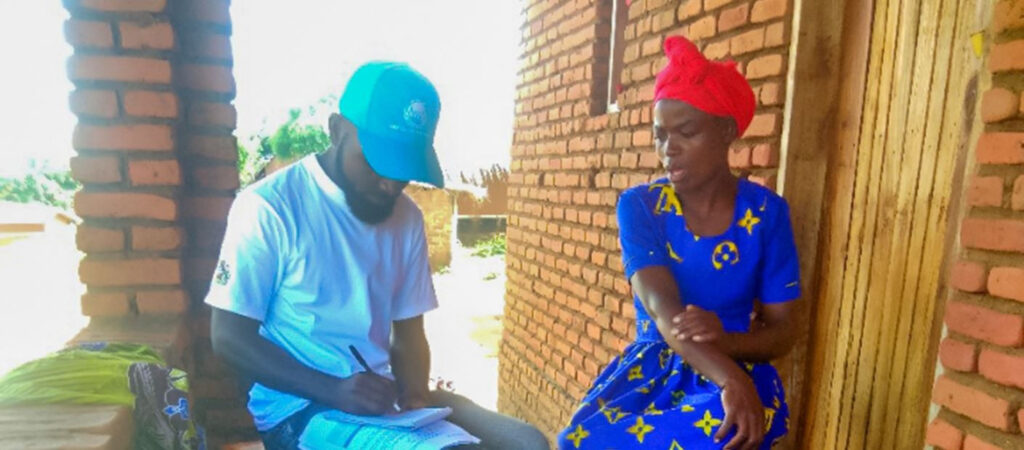
Our BCCI Officers empowering women with information on choices.
Our Behaviour Change Communication and Intervention Officers (BCCI) work tirelessly in communities empowering women with correct information on reproductive health choices. They do this through village literacy fares, health talks in youth and women clubs, community service announcements and radio programming. Our BCCI Officer from Mchinji, Alick Msowoya writes on how the intervention works.
Getrude Kamphango a 37years old lady, married with 4 children. She comes from Mkanthama Village T/A Mazengera under Milamba Health Post in Lilongwe District Malawi. She explains her success journey of family planning with BLM.
She started family planning in the year 2018 with pills for about 1 and half years. Pill as a method requires one to take 1 pill every day for 28 days (four weeks) in a row. Throughout this short method she never experienced any challenges. As time went by she thought of changing the method because at one point she forgot to take the pills which led her into getting unplanned pregnancy.
Later after a successful delivery she recalls she once attended a session from BLM on Family
Planning and Cervical Cancer. She decided to go for depo. Depo-Provera is given as an injection every three months. Enjoying with the method for about 3 years, the forgetting syndrome didn’t go away with her. At times they used to buy condoms which was another blow to them financially.
Her being a community volunteer she thought of leading by example.
She had a talk with her husband by thoroughly looking into all the methods she learnt. They came up with a decision to have permanent method of family planning.
She visited BLM outreach clinic which was happening in her community in one of the days. The procedure was successfully done by the BLM health experts and she went home a happy person.
For about two years now she has been swimming in much more improved physical health. She is able to run her business with a peace of mind and as a family their bond is strengthened, they are able to manage their living children.
In her final remarks she says, lack of adequate information is creating misinformation and wrong perceptions about family planning in our communities. A lot of women have all sorts of beliefs about family planning, knotted to culture and religion’, hence the need for more community education on the importance of Family planning.
Health education is key in addressing all the myths and misconceptions in various communities.








